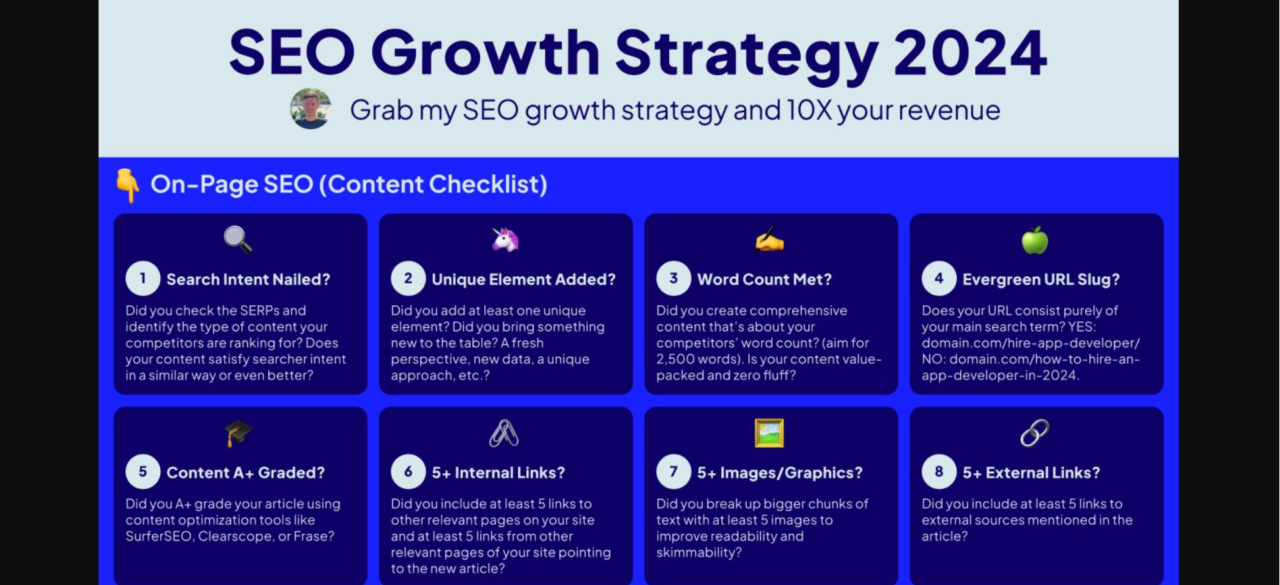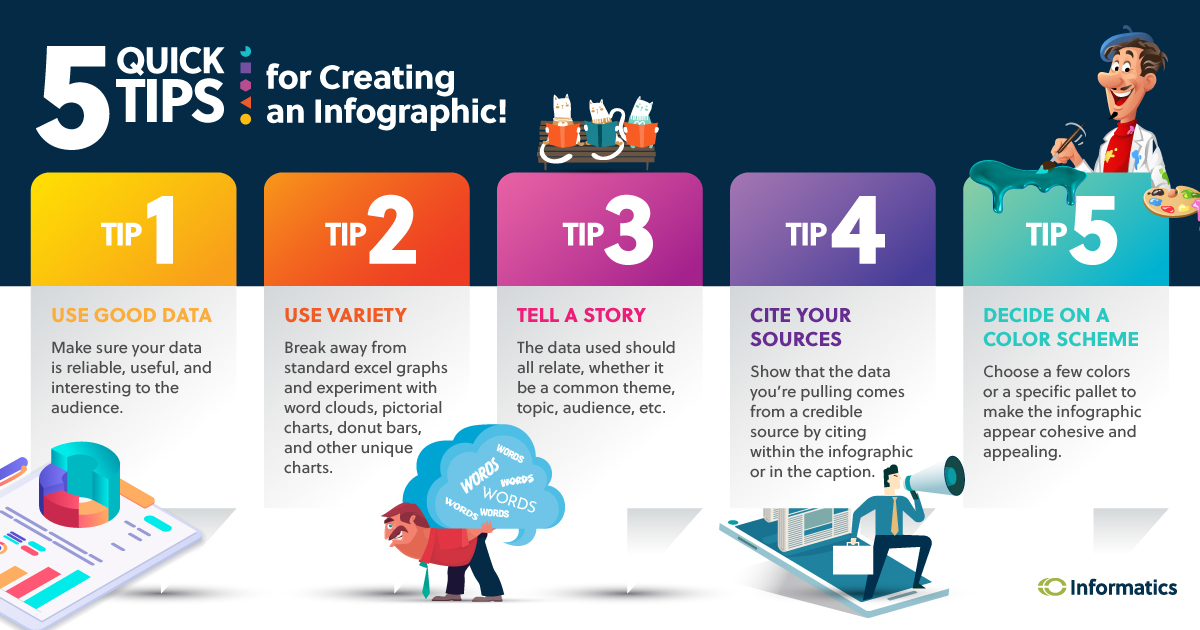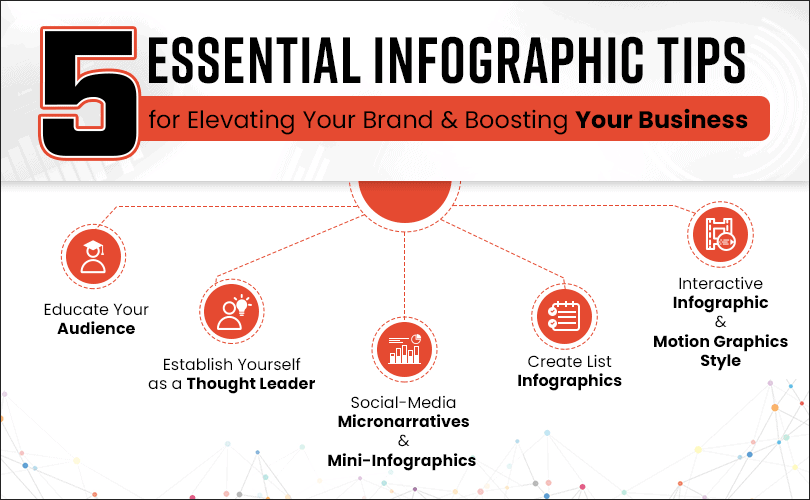Unlock the secrets of boosting your website’s ranking with these immediate impact SEO tips and tricks – don’t miss out!

Image courtesy of via DALL-E 3
Table of Contents
Introduction to SEO
In today’s digital world, where information is just a click away, having a website is like having a virtual storefront. However, with millions of websites out there, how can you make sure yours stands out? This is where SEO comes in. SEO, which stands for Search Engine Optimization, is like a magical tool that helps your website get noticed on search engines like Google.
What is SEO?
Think of SEO as a treasure map that guides search engines to your website. Just like a map helps you find buried treasure, SEO helps search engines find your website among the vast sea of information on the internet. By using specific techniques, you can optimize your website so that it appears higher in search results when someone looks for something related to your content.
Why is SEO Important?
Imagine you have a lemonade stand in a crowded market. If your stand is hidden in a corner where nobody can see it, how will people know you’re selling the best lemonade in town? SEO is like putting up a big sign that says, “Best Lemonade Here!” It helps more people find your website, which is essential if you want to share your ideas, products, or services with the world. So, if you have a website, SEO is your best friend in the digital world.
Choosing the Right Keywords
In the world of the internet, keywords are like magic words that help search engines like Google find the right websites. Just like how you use specific words when looking for your favorite video game online, websites use keywords to make sure people can find them easily.
How to Find Good Keywords
When searching for the perfect keywords, think about the words or phrases someone might use to find information about something they love, like your favorite hobby. You can get ideas by typing in a topic or question into a search engine and seeing what suggestions pop up. These suggestions can lead you to great keywords to use on your website!
Using Keywords Effectively
When you search for something on the internet, the first thing you see is the title of the webpage. Just like a book title tells you what the book is about, the title of a webpage tells search engines what the page is about. By including important keywords in the titles of your webpages, you help search engines understand the content you have to offer. For example, if you have a website about baking cookies, you might want to include keywords like “best cookie recipes” or “baking tips” in your title.

Image courtesy of www.linkedin.com via Google Images
Including Keywords in Meta Descriptions
Meta descriptions are like short summaries of what a webpage is about. They show up below the title in search engine results. By including relevant keywords in your meta descriptions, you can attract more visitors to click on your webpage because they know it has the information they are looking for. For instance, if your webpage is about funny cat videos, you could include keywords like “hilarious cats” or “funny kitten moments” in your meta description.
Using Keywords in Content
Once someone clicks on your webpage, they want to find the information they are looking for quickly and easily. By using keywords naturally throughout your content, you can help guide your readers to the information they want. For example, if your webpage is about building a birdhouse, you could naturally include keywords like “DIY birdhouse” or “birdhouse construction tips” in your article to make it clear what your content is about without repeating the same words over and over.
Creating Quality Content
In order to stand out online and attract more visitors to your website, it’s crucial to create quality content. Quality content includes things like blogs, articles, and videos that are interesting, valuable, and engaging. Let’s dive into what makes content great and the different types you can create.
What Makes Content Quality?
Quality content is content that people want to read, watch, or share. Good content is helpful, informative, and entertaining. Imagine you’re looking for information on your favorite hobby. You’d want to find a website with clear and useful information, right? That’s the kind of content that keeps people coming back for more.
Types of Content
There are different types of content you can create for your website. Blog posts are like online journals where you can share your thoughts and knowledge. Articles are longer pieces that dive deep into a topic. And videos are like mini-movies that show and tell information in a visual way. Having a mix of these types of content can keep your visitors interested and engaged.
On-Page SEO Techniques
Headers are like signposts that help both readers and search engines understand the structure of a webpage. Just like how chapters in a book guide you through the story, headers on a website break down the content into sections. By including relevant keywords in headers, you can make it easier for search engines to grasp the main topics of your page.

Image courtesy of www.informaticsinc.com via Google Images
Adding Internal Links
Internal links are links that connect different pages within the same website. Think of them as pathways that guide visitors from one room to another in a house. By including internal links, you can help users discover more of your content and show search engines how pages on your site are related. This can improve the overall SEO performance of your website.
Optimizing Images
Images play an essential role in enhancing the visual appeal of a website. When optimizing images for SEO, it’s crucial to use descriptive filenames and alt text. This helps search engines understand what the image is about, making it more likely to appear in relevant search results. Remember, using relevant keywords in image descriptions can make your website more discoverable.
Off-Page SEO Techniques
Explore off-page SEO techniques like building backlinks from other sites and using social media to boost SEO efforts.
What are Backlinks?
Backlinks are like recommendations from other websites. Imagine you have a favorite toy that all your friends want to play with. When they tell others about how fun it is, it’s like getting recommendations from different people. In the same way, backlinks are links from other websites that point to yours. Search engines see these links as votes of confidence, showing that your website is trustworthy and popular.
Using Social Media
Social media is like a huge playground where you can share your favorite toys with everyone. When you share your website’s content on platforms like Twitter, Instagram, or Facebook, more people get to see it. This can lead to more visitors coming to your site, which tells search engines that your website is interesting and worth showing to others. So, don’t forget to share your website’s content on social media to help boost your SEO!
Tracking SEO Success
In the world of SEO, it’s essential to know how well your efforts are paying off. Tracking SEO success means keeping an eye on the metrics and data that show how your website is performing in search engines and with your target audience. Think of it like a scoreboard in a game that tells you how well you’re doing.

Image courtesy of www.cibirix.com via Google Images
Important Metrics
There are several key metrics to pay attention to when tracking SEO success. Organic traffic is one of the most important, as it tells you how many people are visiting your site through search engine results. The higher your organic traffic, the more visible your site is to potential visitors. Another crucial metric is your ranking positions on search engine results pages. The goal is to appear as high as possible for your chosen keywords, as most users click on the first few results. By monitoring these metrics, you can see if your SEO efforts are paying off.
Best Tools for Tracking
To monitor these metrics effectively, you can use tools like Google Analytics. This free tool gives you insights into your website’s performance, including where your traffic is coming from, which keywords are driving the most visitors, and how users are engaging with your content. Google Search Console is another helpful tool that provides valuable data on how your site is performing in Google’s search results. These tools make it easy to track your progress and make informed decisions to improve your SEO strategy.
Common SEO Mistakes to Avoid
One common mistake to avoid in SEO is keyword stuffing. This means using too many keywords in your content in an unnatural way. Just like you wouldn’t want to eat too much candy because it’s not good for you, you also shouldn’t stuff your website with too many keywords. Search engines like Google can actually penalize websites that engage in this practice. Instead, focus on using keywords in a natural and relevant way that fits within your content.
Using Unique Content
Another important aspect of SEO is to avoid using duplicate content. Duplicate content is like copying someone else’s homework—it’s not original and it won’t help you learn. Search engines prefer unique content because it provides value to users. So, make sure the content on your website is original and offers something new and valuable to your audience. This will help improve your SEO rankings and keep your website in good standing.
Mobile Optimization
Lastly, it’s crucial to optimize your website for mobile devices. Just like you need to wear the right shoes for running, your website needs to be optimized for mobile users. More and more people are searching on their phones and tablets, so if your site isn’t mobile-friendly, you could be missing out on valuable traffic. Make sure your website is responsive and loads quickly on mobile devices to improve your SEO rankings and provide a better user experience.
Wrapping Up: SEO Best Practices
Now that we’ve covered a lot of ground on SEO tips and tricks, let’s recap some of the best practices you should keep in mind to make an immediate impact on your website’s visibility.
Image courtesy of www.quora.com via Google Images
Review Key Points
Remember, SEO is like a treasure map for search engines that helps them find your website. Choosing the right keywords is crucial, so think about what terms people are searching for. Use these keywords wisely in your titles, meta descriptions, and content to improve your site’s visibility. Quality content is key, so make sure your blogs, articles, and videos are interesting and valuable to your audience.
Utilize on-page SEO techniques like headers, internal links, and optimized images to improve user experience and search engine rankings. Don’t forget about off-page SEO strategies like building backlinks and using social media to widen your reach. Keep track of your progress with tools like Google Analytics to understand what’s working and what needs improvement.
Encouragement to Apply SEO Techniques
By following these SEO best practices, you can make a significant impact on your website’s search engine visibility and attract more visitors. So, why not start implementing these tips on your own site today? Remember, practice makes perfect, and the more you work on your SEO, the better results you’ll see over time!
Frequently Asked Questions (FAQs)
Here are some common questions that readers might have about SEO based on the content we covered:
Common Questions and Answers
Question: What is SEO?
Answer: SEO stands for Search Engine Optimization. It’s like a treasure map that helps search engines like Google find websites and show them to people looking for information.
Question: Why is SEO important?
Answer: SEO is important because it helps more people find a website. When a website shows up higher in search results, it gets more visitors, which can be good for anyone with a site.
Question: What are keywords?
Answer: Keywords are words or phrases that people use to search for information online. They are like the key words in a secret code that tell search engines what a website is about.
Question: How do I find good keywords?
Answer: You can find good keywords by using suggestions from search engines or thinking about what words people might use to search for your website. Imagine you are trying to find information about your favorite hobby online!
Question: Why is it important to place keywords in titles?
Answer: Placing keywords in titles is important because it helps search engines understand what a page is about. It’s like putting a label on a box so you know what’s inside.
Question: What are backlinks?
Answer: Backlinks are links from other websites that point to your site. They are like votes of confidence that tell search engines your site is trustworthy and valuable.
Question: Why is mobile optimization important for SEO?
Answer: Mobile optimization is important because many people use smartphones to browse the internet. If a website is not optimized for mobile devices, it may not show up well in search results, which can affect its SEO.







